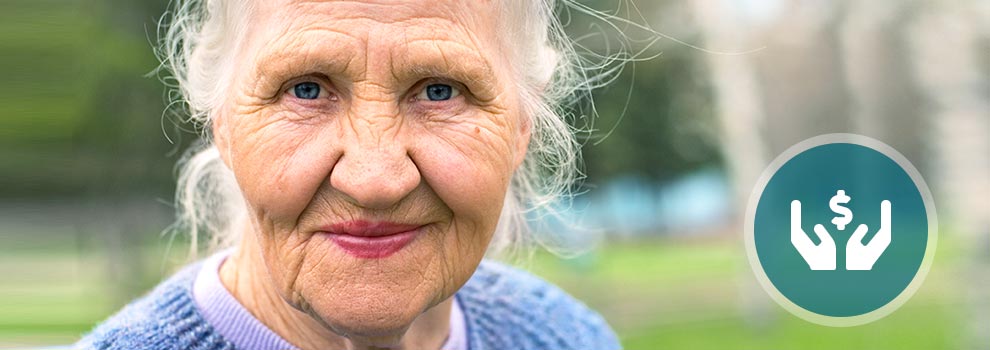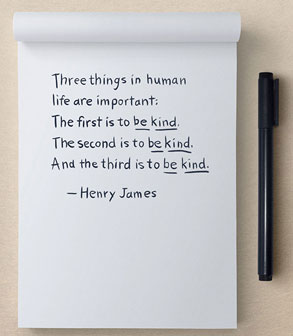Kindness is defined as the quality of being friendly, generous, and considerate. Affection, gentleness, warmth, concern, and care are words that are associated with kindness. While kindness has a connotation of meaning someone is naive or weak, that is not the case. Being kind often requires courage and strength.
You’ve heard about survival of the fittest and Darwin. Survival of the fittest is usually associated with selfishness, meaning that to survive (a basic instinct) means to look out for yourself. But Darwin, who studied human evolution, actually didn’t see mankind as being biologically competitive and self-interested. Darwin believed that we are a profoundly social and caring species. He argued that sympathy and caring for others is instinctual (DiSalvo, Scientific American, 2017)
Current research supports this idea. Science has now shown that devoting resources to others, rather than having more and more for yourself, brings about lasting well-being.
There are different ways to practice kindness. One way to be kind is to open your eyes and be active when you see people in need. Do you notice when people could use a helping hand? A sense of community is created when people are kind to those who need help.
Opening your eyes means noticing when others are suffering. A kind word, a smile, opening a door, or helping carry a heavy load can all be acts of kindness.
Helping an elderly neighbor with yard work or food, taking a photo of someone and sending it to the person, sharing homemade food, refusing to gossip, and donating old clothing and things you don’t need are all ideas about how to practice kindness.
AgingNext and National Service Volunteers are some of the kindest people we know. There are over 300 volunteers giving their time and skills to our community; and for now, many of those services have stopped. But does that mean, we have to stop volunteering? No. absolutely not.
Are you staying in?
- Make calls to friends, neighbors, and family you know that may be isolated, have health issues, or just to be a friendly voice on the other end of the line
- Send a card or handwritten letter to someone. Just a friendly hello, thinking of you, wishing you well!
- Do you have a homebound neighbor that could use help rolling their trash can out to the curb? Could you put their mail on their porch?
Limiting your exposure?
- Going to the Grocery Store? Would you pick up a few items for an isolated neighbor?
- Would you take someone to a Doctor appointment they’ve had planned for months? (And it took them months to even get the appointment.)
Everyone.
- Do you have something to share? Share it if you can.
“When I was a boy and I would see scary things in the news, my mother would say to me, ‘Look for the helpers. You will always find people who are helping.’” – Fred Rogers
** The Importance of Kindness article reprinted with permission from Karyn Hall, Ph.D. originally published in Psychology Today, Dec. 2017.



During this time of isolation, one of my valued “real connection couples” and I have created a “pen pal” relationship” and I am enjoying the communication, getting old fashion mail, and rediscovering the art of written communication.
Great idea Elaine! Nothing better than receiving a note in the mail.
We miss you and send you our very best